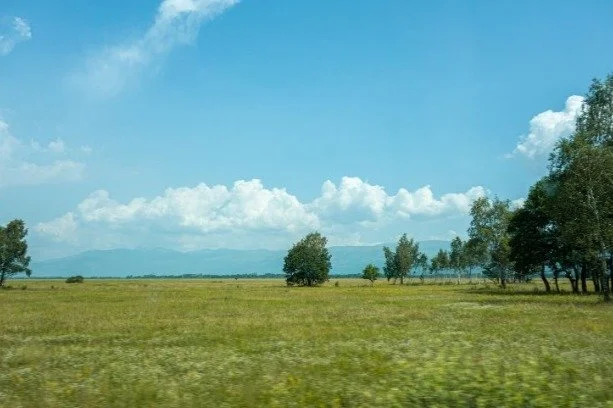How To Find Good Raw Land?
If you're looking to invest in raw land and build your own dream home or vacation retreat, it can be difficult to navigate the complexities of finding and acquiring the perfect piece of property. With all the different factors that go into selecting a location, from zoning and taxes to soil composition and natural resources, how do you make sure your purchase is a good one? The truth is that there's no one-size-fits-all solution for finding great raw land – but with some practical tips on navigating the real estate landscape effectively, you can ensure that you find opportunities that fulfill all your needs. In this blog post, we'll discuss everything from assessing lot size to researching local building codes so that you can confidently pick out an ideal spot for your next project.
Consider the Location
When considering a property for your project, it's important not to overlook the often overlooked aspect of local land regulations and zoning laws. After all, you don't want to invest time and money into a potential location only to find out later that it's not suitable for what you have in mind. By doing your research upfront and familiarizing yourself with the specific rules of raw land acquisition in the area, you can save yourself a lot of hassle down the line. This means finding out about things like whether the land you're looking at is zoned for residential or commercial use, what construction restrictions may apply, and any other relevant laws that could affect your project.
Evaluate the Land
It's important to evaluate the land thoroughly to ensure it is a sound investment. Inspecting the topography is crucial as it can greatly impact future construction and maintenance costs. Proper drainage is also essential to avoid potential water damage or erosion. Examining the potential for contamination is also important, as it can greatly affect the land's value and potential use. Taking the time to evaluate these factors can ultimately save you time and money in the long run. As experts in the field once said, Land represents a long-term investment, but one that has the potential for incredible returns.
Determine Accessibility
For any potential land buyer, it's essential to determine the accessibility of the area surrounding the raw land. This means checking whether the roads leading to the land are suitable for traveling and if utilities such as water, electricity, and sewerage are available. After all, it's no use owning a piece of land if you can't access it or have the basic amenities needed to live comfortably on it. Therefore, it's crucial to conduct thorough research into the surrounding area to ensure that it's practical and feasible to build or live on the land. So, make sure you take the time to determine accessibility before making any purchase decisions.
Evaluate Market Value
As someone interested in purchasing raw land, it's crucial to ensure that you're getting a fair deal for the property. Assessing the market value of the land is a key component of making a wise investment. By evaluating market value, you'll be able to compare the asking price with similar properties in the surrounding area and determine if you're getting a good deal or not. Taking this extra step in the buying process can not only save you money but will also give you the confidence to move forward with your purchase knowing you made a well-informed decision. After all, the value of raw land can only go up over time, so it's important to make the right choice from the outset.
Consider Financing Options
For those looking to invest in raw land, financing options can be a critical component of the decision-making process. Traditional loans are one option, but government grants and special tax incentives are also worth considering. It's important to do your research and explore each option thoroughly to determine the best fit for your specific situation. Whether you're a first-time buyer or a seasoned investor, financing can play a significant role in turning your land ownership dreams into a reality. With the right approach and open mindset, you can confidently navigate the financing landscape and make informed decisions that align with your long-term goals.
All in all, preparing to purchase raw land requires careful research and planning. While there are risks involved, the potential benefits associated with successfully developing raw land make the endeavor worthwhile. To ensure a profitable investment, consider the location of the land, evaluate the topography and surrounding ecosystem, determine accessibility, assess the market value, and find suitable financing options. With dedication, precision, and an eye for potential, you can secure your dream plot and create a work of art from it.











